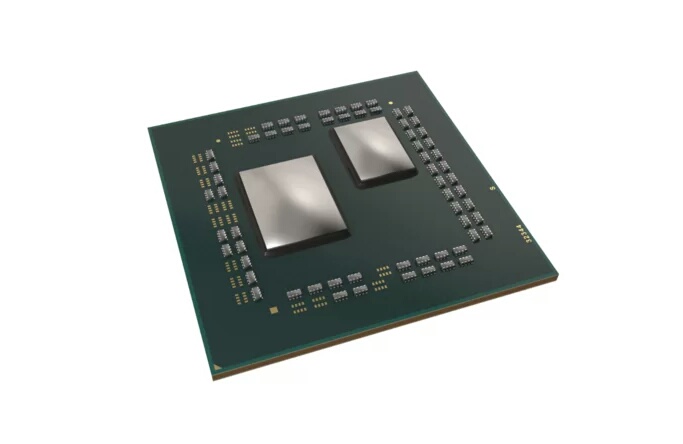Coulomb_Barrier
Member
Steady. Fake is a bit much given the things that have been right but the leak as a whole is otherwise still unconfirmed. The OP made it seem like this was a separate confirmation which is too far in the other direction, hence my post to try to keep things real.
Alongside the other info I've posted, worth considering the Zen 1 Engineering Samples.
The 8 core 95W TDP chip (among others) surfaced July 2016. Base clock 2.8GHz, boost to 3.2GHz.
Final 1800X chips (8 cores 95W) had 3.6GHz base, 4GHz boost. Flat 800MHz improvement there.
Works out as 28% uplift on base, 25% on boost from ES to retail.
Applied to that tasty 16 core would result in 4.2GHz base, 5.2 GHz boost which is amusingly close to a purported 3850X
Hold your objections - I know this isn't the same exact situation. To my knowledge, frequencies and the like don't scale linearly. There is also a longer period between that Zen 1 ES leak and retail release (July -> February) compared to TUM_APISAK's leak and the expected release. Different process. Different engineering challenges: brand new arch vs evolution of existing arch with new packaging strategy.
Entirely possible that 16 cores may be held back from initial release in a couple of months - there have been rumblings to that effect thus far.
Not PROOF™ but I personally still find it notable and interesting, even with the caveats.
A mere 400MHz improvement upon that sample just seems way too much of a low ball.
I see your logic but it's not a case of what's possible on 7nm it's a matter of what's realistic. Running not 8 not 12 but 16 cores with a 4.3Ghz base clock will result in a gigantic TDP so why would AMD do it when said CPU will run just as fast running at 3.3Ghz base so long as the boost algorithm is the same?
Anyway I've had enough on speculating these figures.











